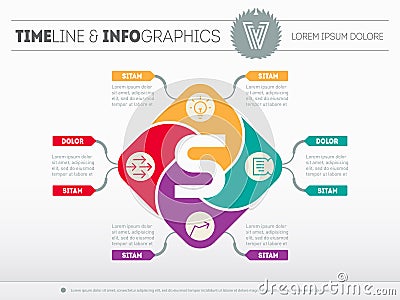Cash flow is the lifeblood of any business, serving as a crucial indicator of its financial health and stability. It represents the movement of money into and out of a business, encompassing income, expenses, and investments. Effectively managing cash flow is essential for sustaining day-to-day operations, making strategic decisions, and achieving long-term growth. This article explores the significance of cash flow, its components, challenges, and strategies for maintaining a healthy financial flow.

Understanding Cash Flow
- Inflows: Inflows include revenue from sales, investments, loans, and any other source that brings money into the business.
- Outflows: Outflows consist of expenses such as salaries, rent, utilities, supplier payments, loan repayments, and operating costs.
The Importance of Cash Flow Management
- Operational Stability: Positive cash flow ensures that a business can meet its immediate financial obligations, such as payroll and bills, without interruption.
- Strategic Planning: A healthy cash flow allows businesses

